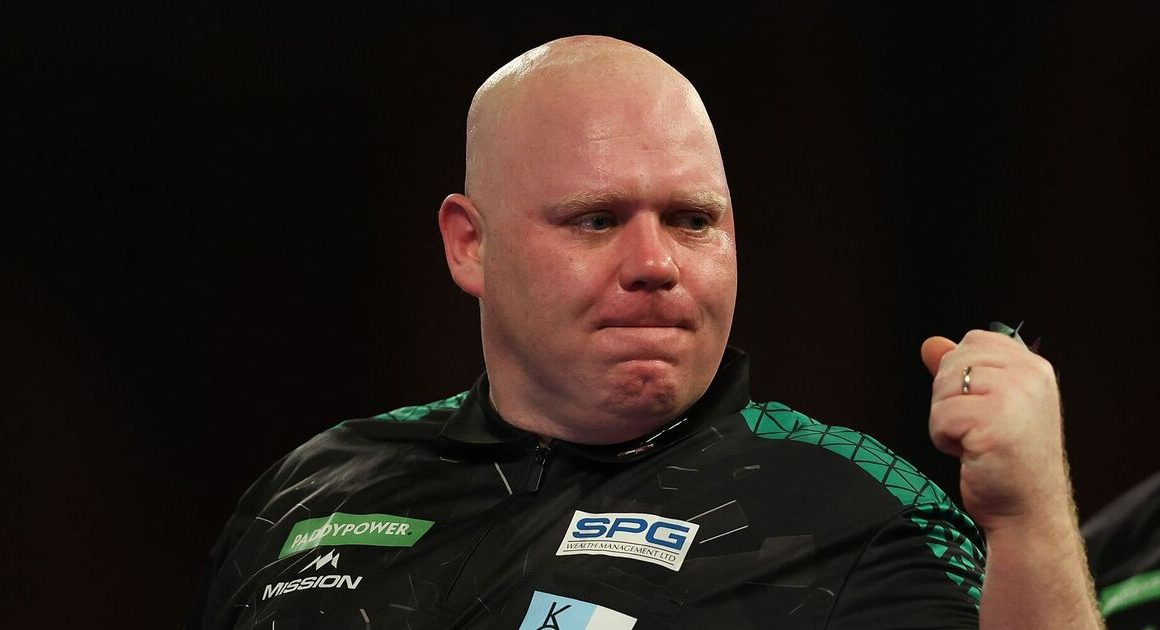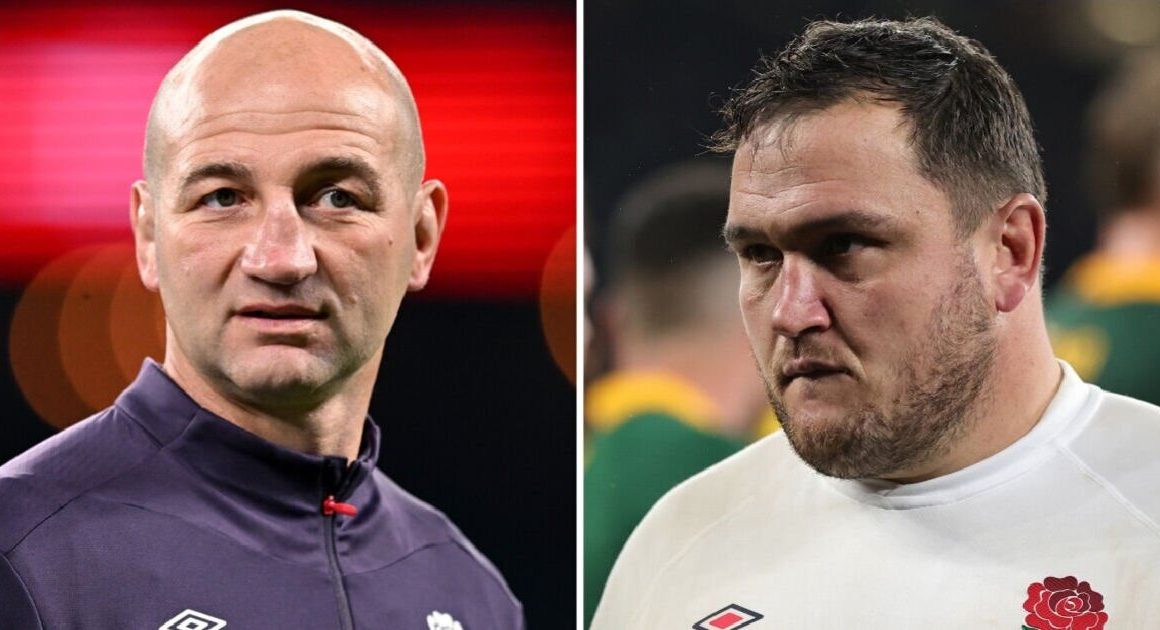The family of England cricket legend Graham Thorpe have been praised for their “courage in talking openly” regarding his mental health struggles.
Thorpe’s death at the age of 55 was announced by the England and Wales Cricket Board on August 5.
Surrey Coroner’s Court in Woking will open an inquest into the cricketer’s death on Tuesday after the coroner received a referral from the British Transport Police.
The force said: “Officers were called to Esher railway station at 8.26am on 4 August to reports of a casualty on the tracks. Paramedics also attended, however sadly a person was pronounced dead at the scene. The incident is not being treated as suspicious.”
A spokesperson for Surrey Coroner’s Office said: “We can confirm that the Coroner has received a referral for a Mr Graham Thorpe from the British Transport Police. A post mortem examination has been undertaken and Mr Thorpe’s body released to his family.”
In an interview with The Times, Thorpe’s widow Amanda explained: “Graham was renowned as someone who was very mentally strong on the field and he was in good physical health. But mental illness is a real disease and can affect anyone.
“Despite having a wife and two daughters whom he loved and who loved him, he did not get better. He was so unwell in recent times and he really did believe that we would be better off without him and we are devastated that he acted on that and took his own life.”
And his daughter Kitty told the newspaper: “There is nothing to hide and it is not a stigma. We were trying to help him get better before and trying to protect him, which is why we said nothing.
“This is the time now to share the news, however horrible it is. We’ve wanted to be able to talk and share and we’d now like to raise awareness too.”
Following the interview, executive director of social change at Mind, Jennifer Walters said: “We are deeply saddened at Graham’s passing and extend our heartfelt condolences to his family. We admire their courage in talking openly about his mental health experiences, something so important if we are to increase awareness around mental health problems and reduce stigma.“
Meanwhile, chief executive at Centre for Mental Health Andy Bell stated: “The Thorpe family’s brave comments are a reminder of the profound impact that mental health difficulties can have on someone’s life and the lives of those around them.”
And Samaritans chief executive Julie Bentley added: “Every life lost to suicide is a tragedy and unfortunately we know that one in five people will struggle with suicidal thoughts in their lifetimes, but many people face this struggle in silence.
“It’s really important to have open and honest conversations about the topic of suicide as we know it can save lives. Talking openly can help to break the stigma surrounding the subject and can encourage people who are struggling to get the vital support they need.”
If you or anyone you know has been affected by any of the issues mentioned in this article, you can call Samaritans for free at any time on 116 123. Alternatively, you can email jo@samaritans.org.












